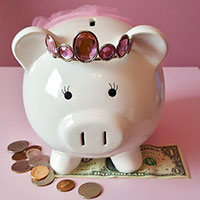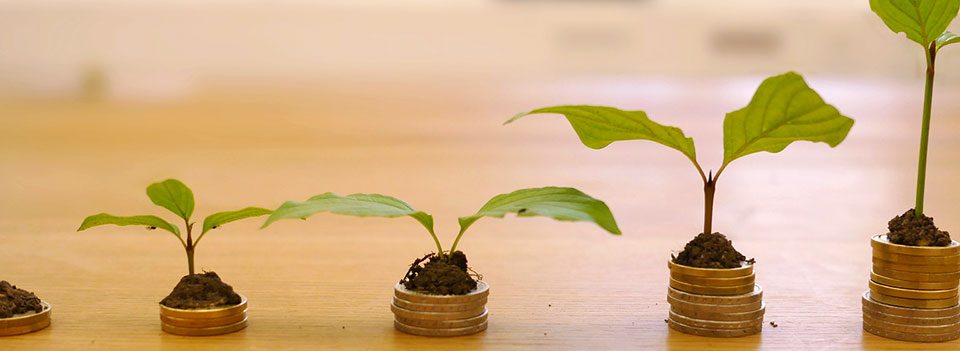Everyone may have observed by now that prices have gone up across the board, and there seems to be no end in sight. Do you notice that the stuff at grocery stores go up a few cents between shopping trips? It’s not much, but it rises a little each week. It continues to creep up to this day.
There’s not much we can do to control world market prices, but there is a way to keep these price increases from considerably impacting our personal finances.
Buying in Bulk
Buying in bundles and finding the best possible prices for the things we use daily is often a good idea. For instance, dog food and cat food cost about 10% less when bought by box rather than in single cans. Not only that, if you wait for close out prices, you save even more.
Along with buying in bulk is the preparation of the space where those items will be kept. Set aside some space in your home and make a list of the frequently used stuff that do not easily become rotten. Rice, for example, will have to be stored in airtight containers so that insects and rats can’t get to them.
How Much To Invest?

People who are new to investing tend to think that all of the savings they have should be invested so that they don’t miss out on the next big bull run. The truth is that correctly predicting the rise and fall of financial markets is next to impossible. Knowing this, you should only invest what you can afford to lose.
It is important to keep 3 months or half a year’s living expenses in a readily accessible savings account. That money must not be put in an investment account. Don’t invest any money that you may need to spend in the near future.
Find out how much money should remain in your savings account and how much can be used for investments. Next, use a portion of your income-generating activities, such as a job or online business, to build your investment portfolio over time.
If the money that you have available for investments does not meet the required initial amount, you may have to look at smaller ones.
Does Money Equal Happiness?

Money does not bring happiness. At the same time, no one can claim that money can’t make them happy. Money may make us ecstatic in the interim when we attain our short-term goals or fulfill our basic needs, but ultimately, it’s not the antidote that will take away all our problems.
Many people need it to pay for food and shelter. However, others who already have more than enough for their needs tend to keep themselves satisfied by adding more desires. The list can go on and on as their social and financial status rise. Ultimately, it turns into a cycle of not having enough and wanting more.
What gets us happiness? We get happiness by doing what we genuinely like. Our happiness comes from the satisfaction of fulfilling these desires. Conversely, money has the potential to destroy friendships and break relationships.



